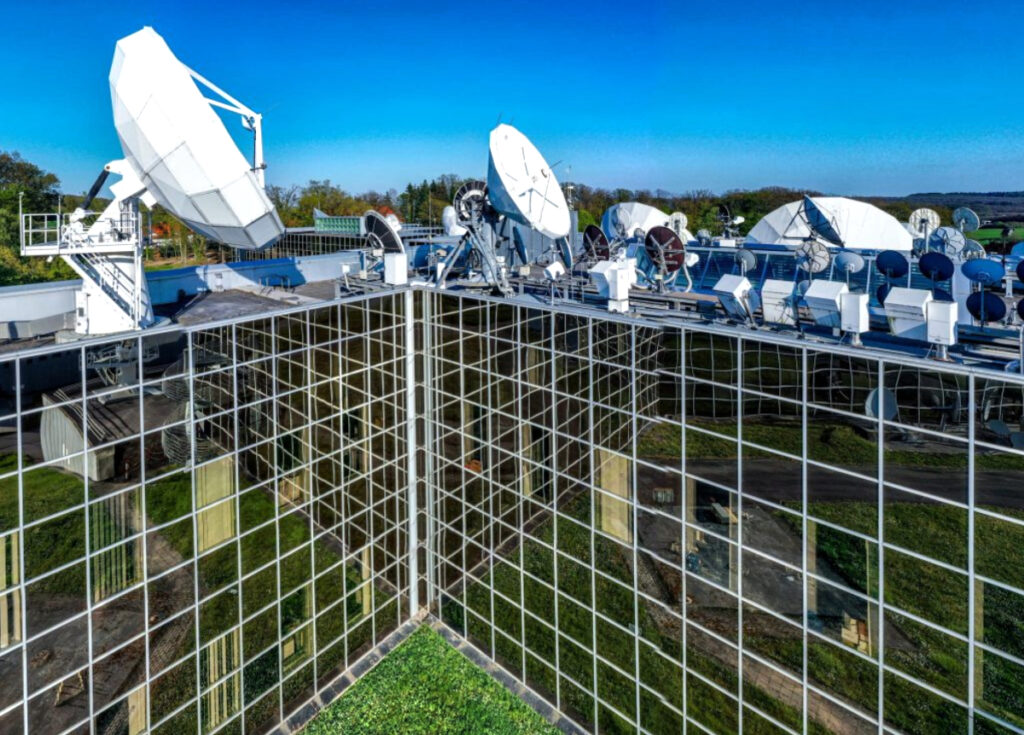
The UK’s Competition & Markets Authority (CMA) has launched a Phase 1 investigation into SES in relation to its proposed acquisition of Intelsat.
The CMA believes that the proposed acquisition of Intelsat Holdings by Luxembourg-based SES could potentially lead to a substantial lessening of competition in one or more UK markets.
The CMA is examining whether combining the two companies may negatively impact competition in the supply of these services within the UK. Luxembourg-based SES announced on April 30th 2024 that it would acquire 100 per cent of its competitor, Intelsat, for €2.8 billion, although the transaction remains subject to approval by relevant market surveillance authorities.
The CMA will begin its review process immediately. Comments from interested parties are invited from now until April 20th, 2025, to support the CMA’s assessment. A decision on whether to proceed to a more in-depth Phase 2 investigation is expected by June 12th, 2025.
The CMA is considering whether it is or may be the case that this transaction, if carried into effect, will result in the creation of a relevant merger situation under the merger provisions of the Enterprise Act 2002 and, if so, whether the creation of that situation may be expected to result in a substantial lessening of competition within any market or markets in the United Kingdom for goods or services,” said the official CMA announcement.
EU supports Airbus, Thales merger

The EU’s Defence and Space Commissioner, Andrius Kubilius, says he has no objection to mergers in the satellite and space production sector. Speaking on April 11th at the New Economy Forum’s Europa Forum in Brussels, he said he was in favor or supporting champions, although did not specifically mention the Airbus and Thales Alenia merger reports.
Commissioner Kubilius asked rhetorically, “How we can compete? We should not be afraid of scaling up and bringing the consolidation of companies, to get to a size that will allow them to compete globally.”
He stressed that his office would also take care of SME businesses in the sector, but welcomed what he said was a new opportunity in the space industry. “We see in space and defense a lot of new industry coming, very agile and dynamic. But there is a balance between building new champions and how to leave space for startups. We can do it.”
However, he specifically referenced how far behind Europe had fallen in its rocket launch capability, which he described as a “deep crisis.” We lost the competition to Elon Musk and now we need to catch up. We are looking to new industries and new ways of developing our launch capabilities,” he said.

